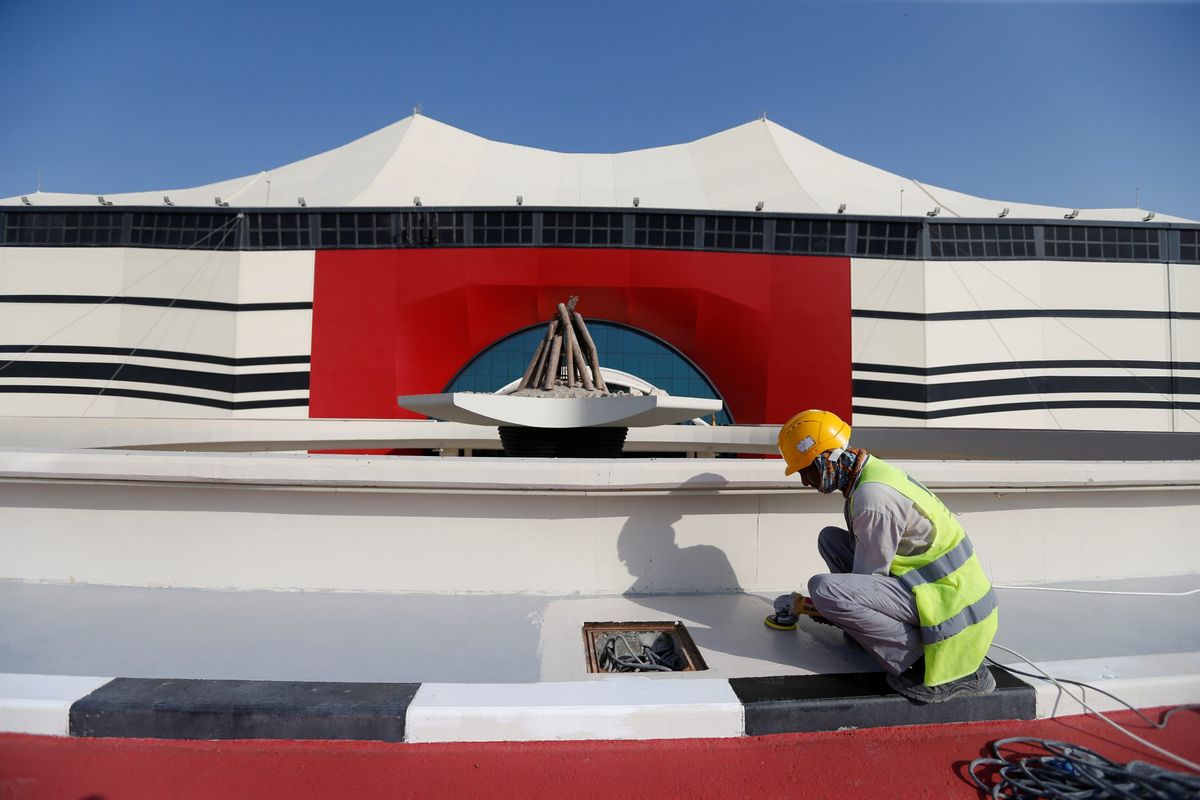Modern-day slavery is skyrocketing

A few minutes every morning is all you need.
Stay up to date on the world's Headlines and Human Stories. It's fun, it's factual, it's fluff-free.
According to a new UN report released on Monday, as you read this sentence, around 50 million people are living in modern slavery. That’s about 10 million more than were reported five years ago.
That definition of modern slavery is tricky, so let’s break that down first. Modern slavery can mean two things: for one, it can be people who are trapped in forced labor situations, mostly because of debts; secondly, it can include people who are in forced marriages. It’s basically a situation where a person can’t leave “because of threats, violence, deception, abuse of power or other forms of coercion." Women and children are the most vulnerable groups.
A huge number of these people in modern slavery are children. Of the 27.6 million people in forced labor situations, 3.3 million are kids, and half are being exploited sexually for commercial purposes.
Of course, the pandemic played a role in growing the number of people in modern-day slavery. Experts say that economic crises around the world increased global poverty and forced people to take on more debt, and now many of those people are being forced into labor to pay it off. The report explains how climate change has made more people become migrants, putting them at greater risk.
The report calls for a focused international effort to fix the problem. “Promises and statements of good intent are not enough," it says.
Key comments:
“Modern slavery occurs in almost every country in the world, and cuts across ethnic, cultural and religious lines," read the report from the International Labour Organization, the UN’s arm for this kind of analysis. “More than half (52 per cent) of all forced labour and a quarter of all forced marriages can be found in upper-middle income or high-income countries."
“It is shocking that the situation of modern slavery is not improving," said ILO director-general Guy Ryder. “Nothing can justify the persistence of this fundamental abuse of human rights."
“Modern slavery is the antithesis of sustainable development," said Grace Forrest, Founding Director of Walk Free. “Yet, in 2022, it continues to underpin our global economy. It is a man-made problem, connected to both historical slavery and persisting structural inequality. In a time of compounding crises, genuine political will is the key to ending these human rights abuses."




Comments ()